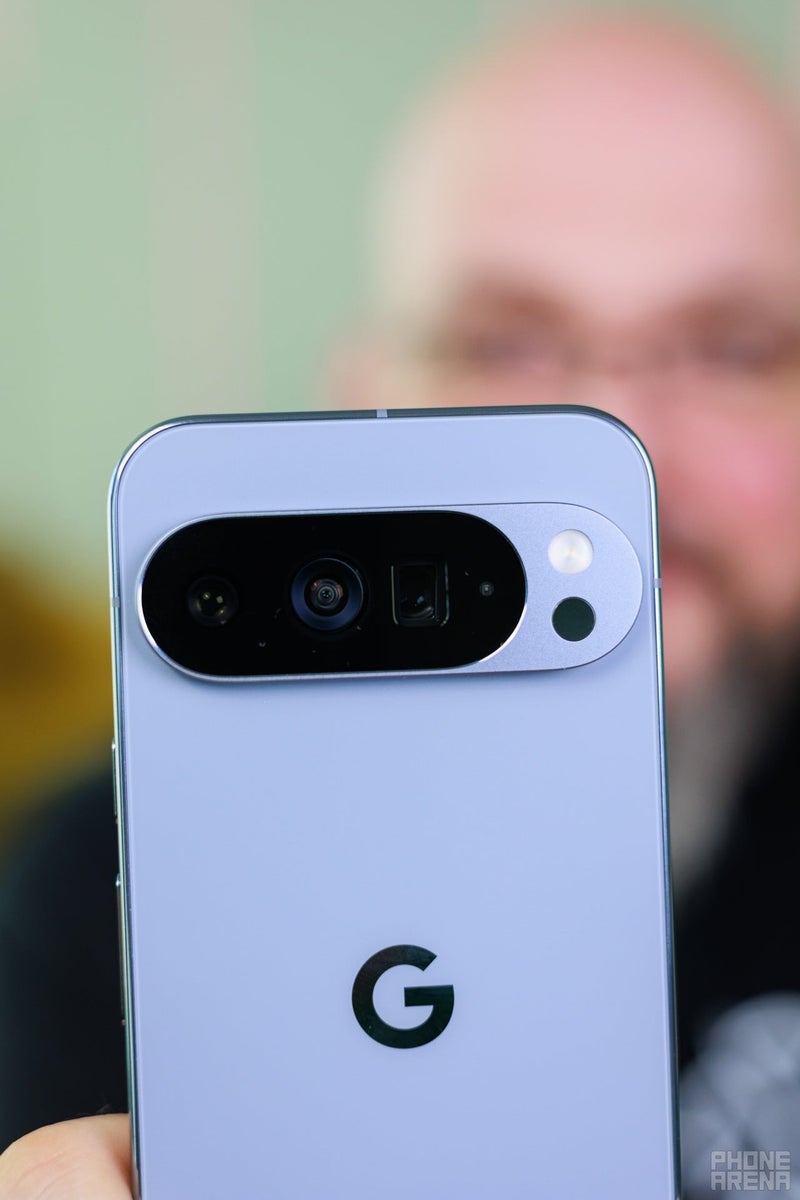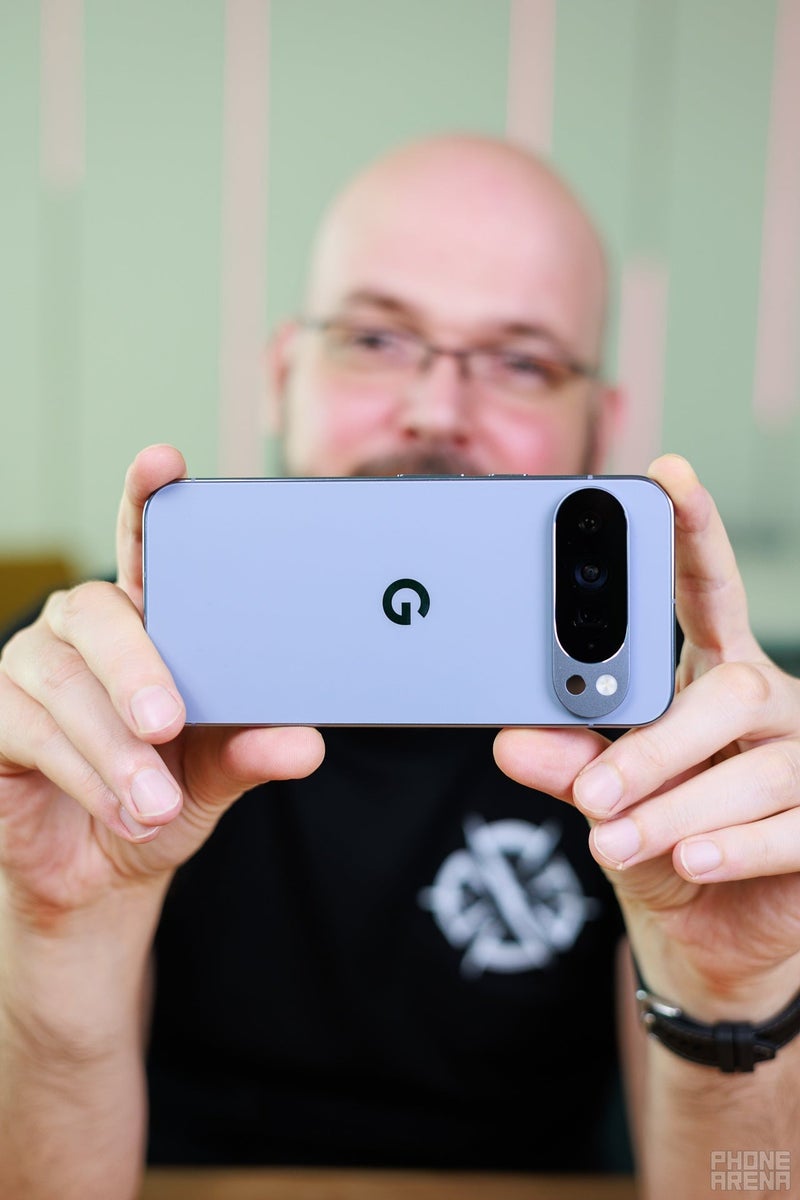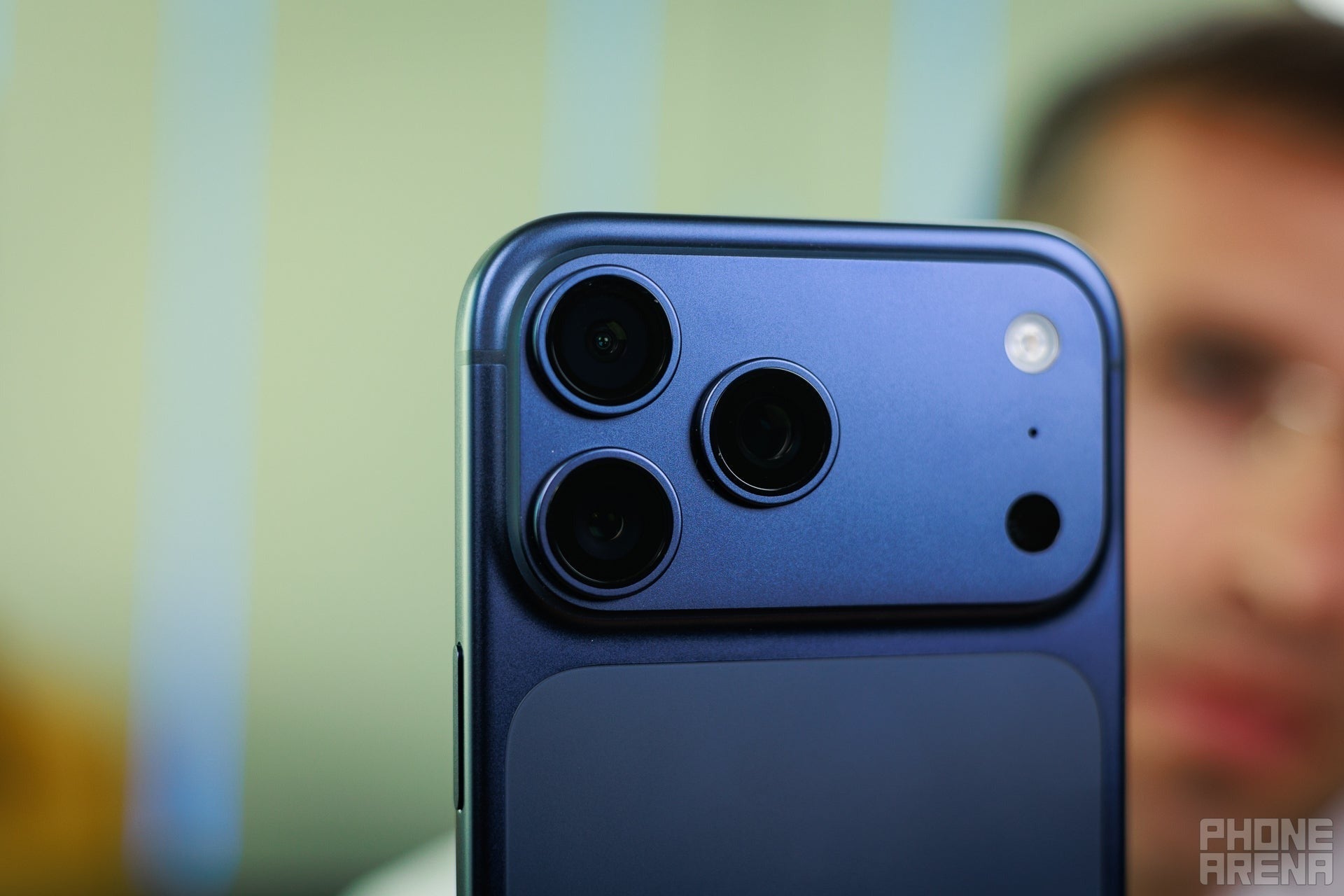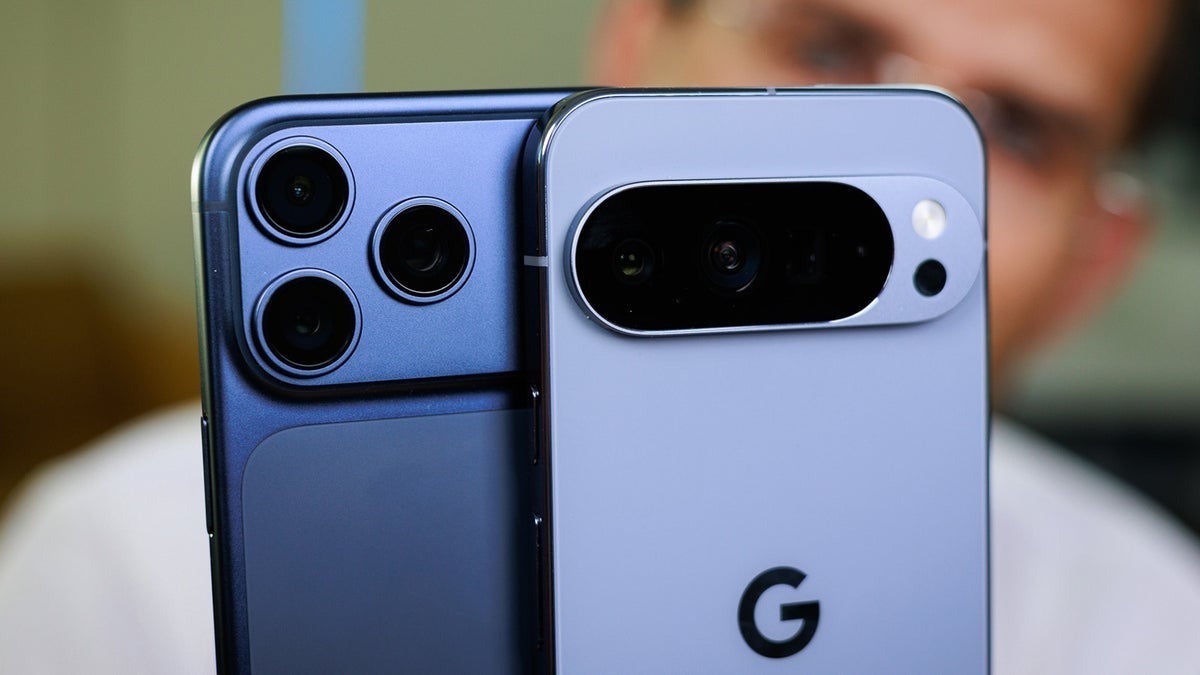To find out what you thought, we added a poll. The results were overwhelming, with 72% of you voting in favor of the Pixel 10 Pro XL.
Our readers overwhelmingly picked the Pixel over the iPhone for photography
The results so far:
- Google Pixel 10 Pro XL — 72.02%
- iPhone 17 Pro — 27.98%
At the time of writing, over 1,500 readers have spoken. You prefer Google’s punchy, confident photos over Apple’s restrained, sometimes flat ones.And honestly, I’m not surprised. Google’s been playing the long game in computational photography, and it’s paying off big time.
Google’s formula: better colors, smarter HDR, and Real Tone magic


The Pixel’s colors just look right.
That signature Real Tone look, first introduced on the Pixel 6, is still one of the biggest differentiators today. It captures every skin tone accurately, without falling into the trap of over-smoothing or boosting warmth artificially.
Pair that with Google’s HDR+ engine, which balances shadows and highlights better than anyone in the game, and you get that signature “Pixel look”: high-contrast, vivid, but never cartoonish. It’s punchy, detailed, and alive.This is the kind of image processing that makes you trust your camera without thinking about settings or lighting. You just point, shoot, and let the Pixel do the rest. That’s what a phone’s camera system is supposed to be (at least for most people).
Apple’s camera hardware may be better, but its software needs to catch up


Image credit — PhoneArena
Now, it’s not like Apple is not improving. The iPhone 17 Pro brought some awesome upgrades this year, including a brand-new 48 MP telephoto with a more practical 4x optical zoom and a 8x sensor crop that delivers near-optical quality. You also have a new 18 MP selfie camera, as well as a new processing through the Photonic Engine and Bright Photographic Style.
But the photos tell a different story. Side-by-side, the iPhone’s results look softer, flatter, and oddly tinted. The greenish hue in some scenes throws off the whole color balance, and that’s something no amount of megapixels can fix.
In a way, it feels like Apple’s hardware is ready for more, but the software hasn’t caught up yet. The Pixel, on the other hand, utilizes AI-driven image processing to deliver a more refined and processed image on a consistent basis.
Which approach is better will always be a subjective topic, but it seems that most of our readers agree with Google on it.
Google’s win reflects years of software-first camera thinking


Image credit — PhoneArena
The Pixel 10 Pro XL is the latest example of Google’s camera philosophy paying off. Its new Tensor G5 chip powers smarter zoom processing and higher dynamic range, but the secret sauce is still in the software.Google’s computational pipeline — from HDR+ to Real Tone — consistently delivers punchier photos with more accurate skin tones, sharper detail, and better exposure control. Even without the biggest sensor or the most aggressive zoom lens, the Pixel 10 Pro XL lives up to its ancestral legacy and captures what many people see as the more compelling photo.
Apple, on the other hand, seems stuck in a transitional phase. We’ve seen substantial hardware upgrades throughout the last few years, but not much has changed as far as image processing. Photos still look flat, have weird tints to them, and skin tones continue to be a major issue.
That’s not to say the iPhone 17 Pro is a bad camera. But in this head-to-head, our readers overwhelmingly preferred Google’s results, and the difference was clear across zoom shots, low light, and even selfies.
This round goes to Google. Let’s see if Apple can strike back, maybe with a software update?
#votes #Pixel #Pro #outshot #iPhone #Pro #lot